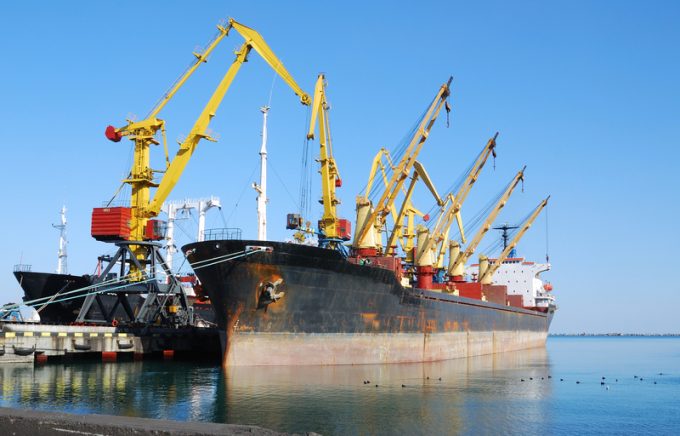Marginal gains on east-west ocean container routes in a challenging week
Despite the huge uncertainty US tariffs have injected into container supply chains, and its potentially ...

As container pricing and related supply chain challenges mount amid wild demand swings and capacity imbalances, Indian and Bangladeshi shippers and freight forwarders – in co-ordination with government logistics leaders – have begun switching to breakbulk and other unconventional modes.
Mumbai-based Allcargo Logistics, parent company of less-than-container-load (LCL) consolidation heavyweight ECU Worldwide, is among many freight forwarders offering customers such alternatives.
“We have converted some cargo from containerised to breakbulk to facilitate cargo movement for our clients,” Adarsh Hegde, joint MD, told The ...
USTR fees will lead to 'complete destabilisation' of container shipping alliances
Outlook for container shipping 'more uncertain now than at the onset of Covid'
Flexport lawsuit an 'undifferentiated mass of gibberish', claims Freightmate
Shippers warned: don't under-value US exports to avoid tariffs – 'CBP will catch you'
Cancelled voyages take the sting out of spot rate declines this week
New Houthi warning to shipping as rebel group targets specific companies

Comment on this article
Ed Evans
November 26, 2021 at 8:39 pmIt is not just India that has had to shift to the breakbulk mode for its formerly container shipments. The Gulf shippers too cannot get containers, at least at contractual prices. They too have engaged breakbulk bookings, either slot charters or voyage charters, depending upon the volume of their cargoes and the Ports of import. Are container shipment contracts not worth the electrons they are stored upon? Is it China that monopolizes the boxes and ensures that the containers return there to get the higher rates? Or the various Lines, including the Chinese?